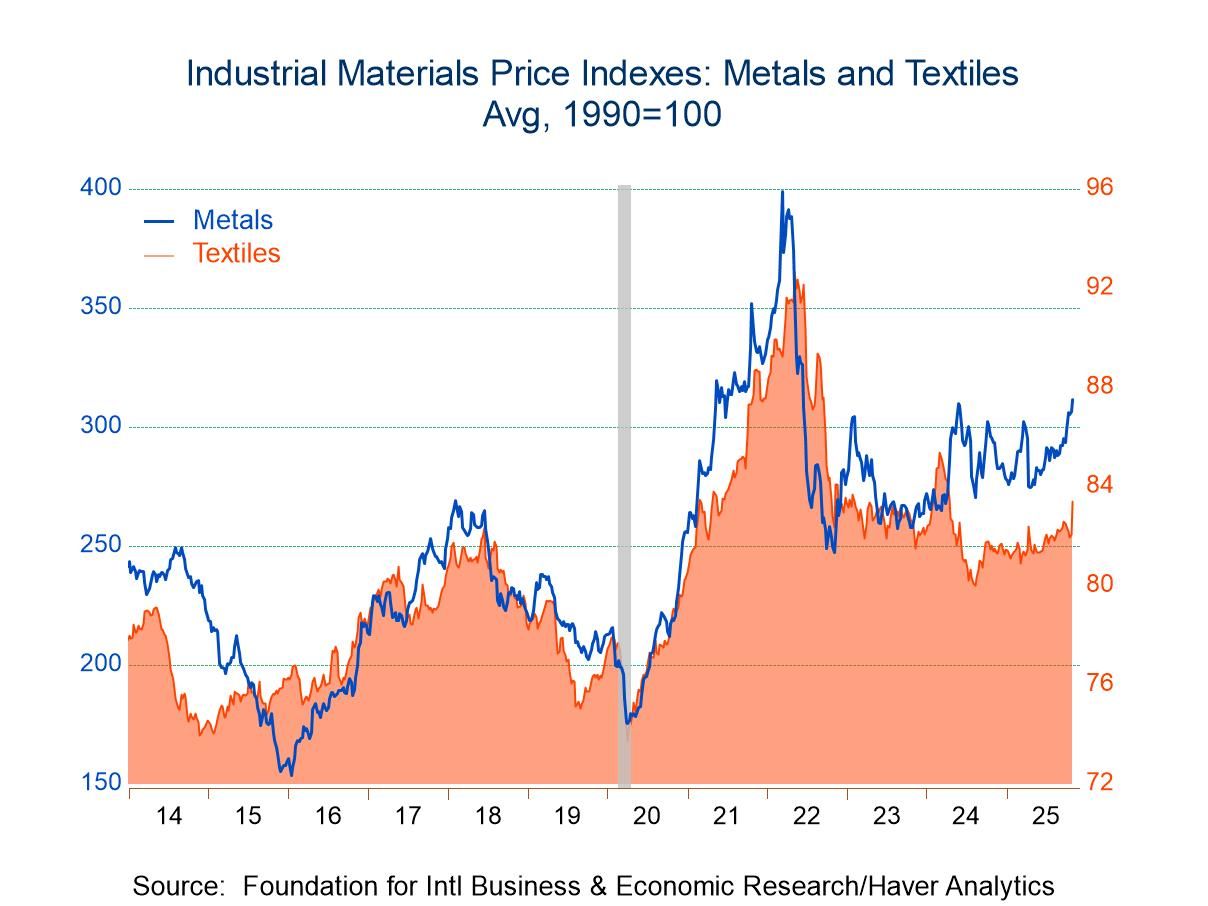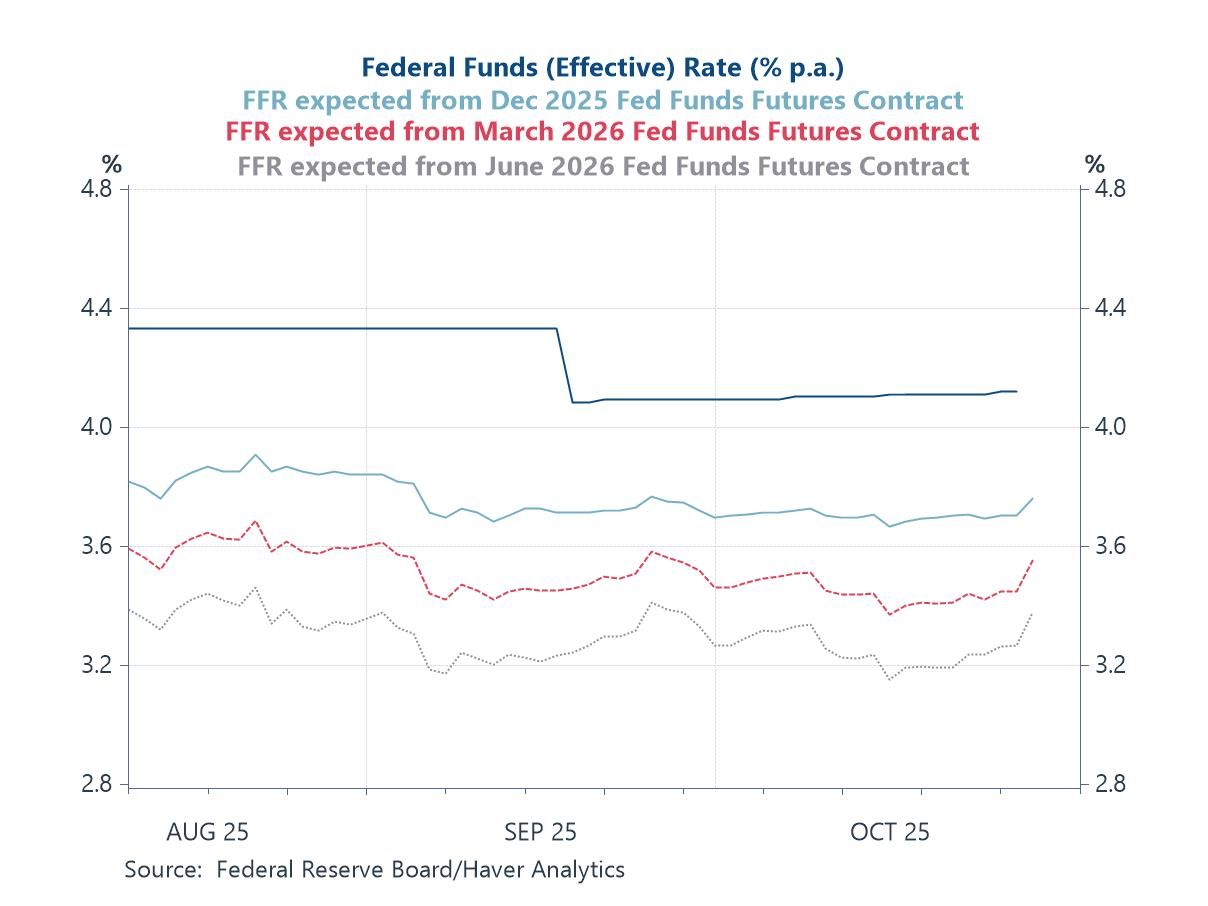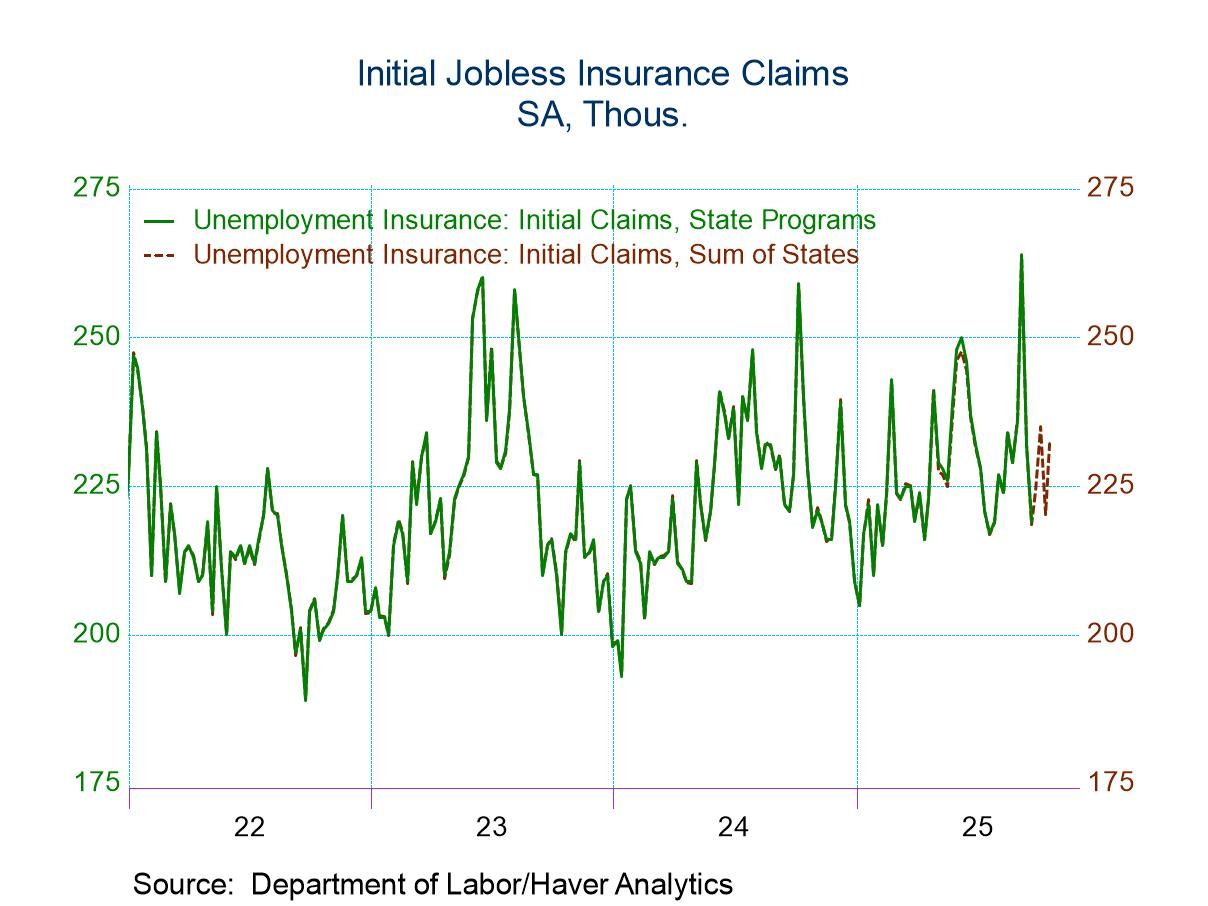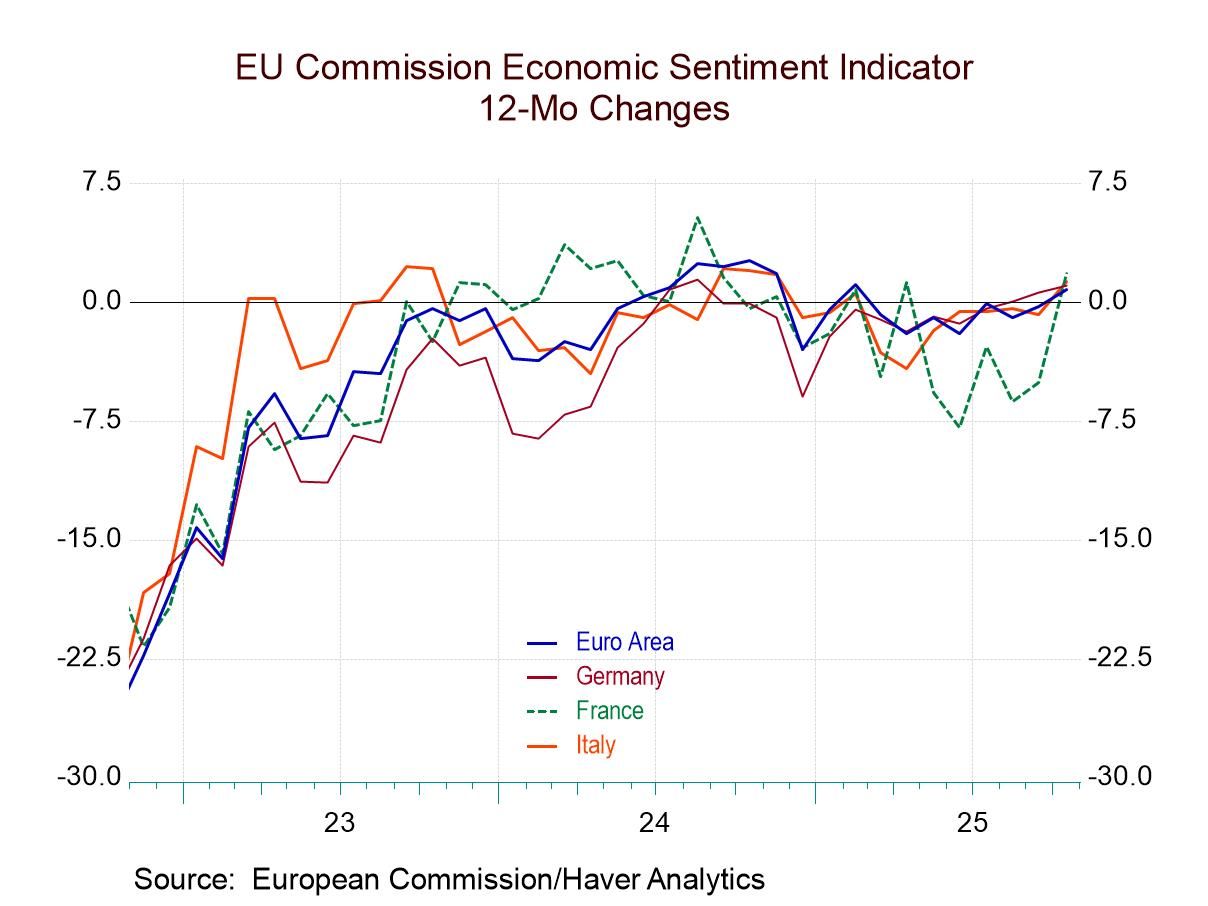 Global| Apr 15 2014
Global| Apr 15 2014ZEW Cites Ukraine for Some Loss in German Confidence
Summary
Germany's ZEW index for current conditions moved up to 59.5 in April from 51.3 in March. The rise in the current index is at the point where it's only higher, historically, 10.7% of the time. This is an extremely strong reading [...]
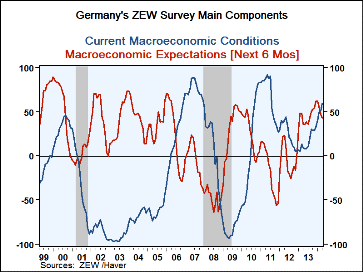 Germany's ZEW index for current conditions moved up to 59.5 in April from 51.3 in March. The rise in the current index is at the point where it's only higher, historically, 10.7% of the time. This is an extremely strong reading although it is still only about 82% of the all-time peak. The expectations index slipped for the second consecutive month, falling to 43.2 in April from 46.6 in March. In February the index had been as high as 55.7. The expectations portion of the index has fallen due to the uncertainty created by the circumstance in Ukraine. Expectations have foundered despite the strong reading for the current state of the economy and its ongoing improvement. It has been higher about 40% of the time; it remains above its median.
Germany's ZEW index for current conditions moved up to 59.5 in April from 51.3 in March. The rise in the current index is at the point where it's only higher, historically, 10.7% of the time. This is an extremely strong reading although it is still only about 82% of the all-time peak. The expectations index slipped for the second consecutive month, falling to 43.2 in April from 46.6 in March. In February the index had been as high as 55.7. The expectations portion of the index has fallen due to the uncertainty created by the circumstance in Ukraine. Expectations have foundered despite the strong reading for the current state of the economy and its ongoing improvement. It has been higher about 40% of the time; it remains above its median.
The readings for stocks and bonds both improved marginally on the month with the reading for stocks moving up to 3.3 from 3.0 in March with the outlook for bonds becoming slightly less negative at -7.8 in April compared to -8.3 in March.
Out of the 13 stock sectors that the financial experts from ZEW assess, seven of them have an improved outlook for earnings this month: construction and consumption-trade have assessments that have only been stronger about 10% of the time, while vehicles and machinery have improved readings that are in the top 20 percentile of their historic range. While the outlook for banking also improved on the month, its overall assessment for earnings is only mid-range compared with its historic position. The outlook for utilities improved month-to-month but that sector remains near its historic lows as it has been weaker only about 20% of the time. The sector info-tech also improved month-to-month with the reading that's stronger only 30% of the time.
On balance, the outlook for profits by industries continues to improve in this business cycle. It is now advancing in its second stage of improving profit expectations. The first move come from April 2009 to a peak in early 2011, the second, and current earnings expectations surge came after a fall off and shows a continuing ramping up from early 2012.
The ZEW reading reminds us of the vulnerability of even the strongest economy in Europe. The strong current reading tells us that Ukraine has not created any adverse impact in the economy and that for the moment the damage seems to amount to vague concerns that something could happen to unhinge current prosperity at some point in the future. With the current economy staying so strong, it's possible that concerns of this nature will remain in the background. However, it is a reminder that if something does go wrong with either the situation in Crimea or in Ukraine, where there are ongoing protests by pro-Russian factions, there are real possibilities for knock-on effects in Germany itself. For now we can content ourselves with the expression `so far so good,' remembering, of course, that that statement is an assessment of current conditions and not a forecast.
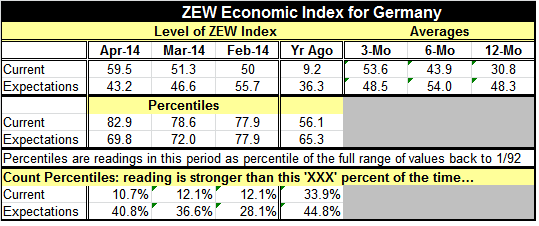
Robert Brusca
AuthorMore in Author Profile »Robert A. Brusca is Chief Economist of Fact and Opinion Economics, a consulting firm he founded in Manhattan. He has been an economist on Wall Street for over 25 years. He has visited central banking and large institutional clients in over 30 countries in his career as an economist. Mr. Brusca was a Divisional Research Chief at the Federal Reserve Bank of NY (Chief of the International Financial markets Division), a Fed Watcher at Irving Trust and Chief Economist at Nikko Securities International. He is widely quoted and appears in various media. Mr. Brusca holds an MA and Ph.D. in economics from Michigan State University and a BA in Economics from the University of Michigan. His research pursues his strong interests in non aligned policy economics as well as international economics. FAO Economics’ research targets investors to assist them in making better investment decisions in stocks, bonds and in a variety of international assets. The company does not manage money and has no conflicts in giving economic advice.



